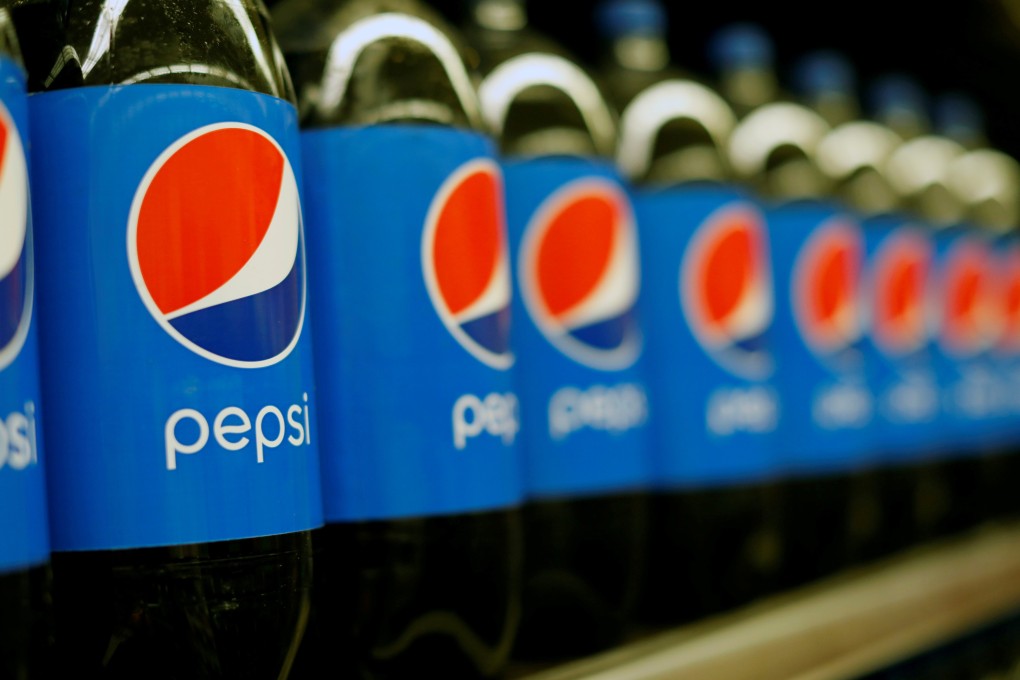PepsiCo pays US$705 million for a lesson in e-commerce through buying Chinese online snacks retailer Be & Cheery
- PepsiCo is buying Be & Cheery from Shenzhen-listed Haoxiangni Health Food
- Haoxiangni’s shares close down 2.1 per cent at 10.96 yuan in Shenzhen

PepsiCo has announced its biggest acquisition in China, dipping its toes into a business environment characterised by nimble, customer-facing innovations through buying an online retailer of dried fruits, beef jerky and snacks.
The drinks giant has agreed to pay US$705 million (HK$5.5 billion) for Hangzhou Haomusi Food – also known as Be & Cheery – from Haoxiangni Health Food, according to a statement. Haoxiangni’s shares swung dramatically during the day before closing down 2.1 per cent at 10.96 yuan in Shenzhen..
The acquisition is a recognition that China’s consumer-facing companies and their active e-commerce platforms have lessons to offer to the rest of the world, particularly when it comes to spotting quick-changing consumer tastes and innovations, said PepsiCo’s Greater China chief executive Ram Krishnan.
“Be & Cheery is highly complementary to our existing China business with its broad product portfolio, asset-light model, and focus on e-commerce,” said Krishnan.
Based in Hangzhou, Be & Cheery’s data-led innovation, as well as its flexible manufacturing and sourcing, enables it to quickly adjust its product portfolio to respond to changing consumer trends, said PepsiCo, which produces Gatorade drinks and Doritos tortilla chips.
Many traditional snack retailers sell through supermarkets while Be & Cheery markets directly to the consumer, enabling it to change prices and promotions quickly according to demand. Its largest online retail platform by sales is Tmall, which is operated by Chinese e-commerce giant Alibaba, the owner of the Post.
PepsiCo has been operating in China for nearly 40 years and this transaction marks a deeper investment in the world’s second-largest economy at a time when many other multinationals have been pulling back and the US-China trade war has been deterring cross-border investment.